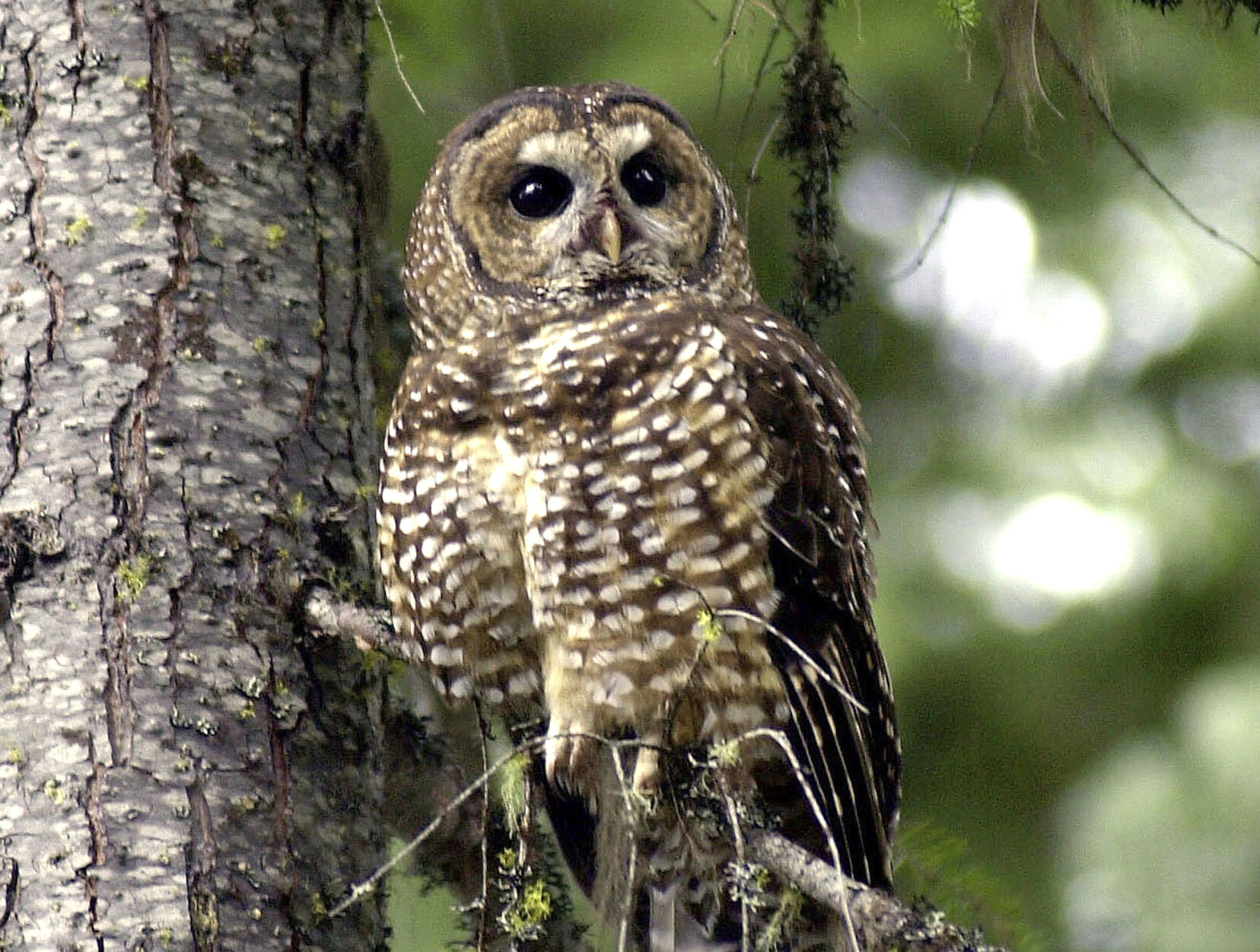BILLINGS, Mont. — The Biden administration was expected to propose new rules for protecting imperiled plants and animals today that would reverse changes under former President Donald Trump that weakened the Endangered Species Act.
The U.S. Fish and Wildlife Service plans to reinstate a decades-old regulation that mandates protections for species that are newly classified as threatened. That measure was dropped under Trump as part of a suite of changes to the species law that was encouraged by industry.
Under today’s proposal, officials also would drop consideration of economic impacts when deciding if animals and plants need protection. Another change would expand requirements for federal agencies to consult with the wildlife service or the National Marine Fisheries Service before taking actions that could affect threatened or endangered species.
Details on the proposal were obtained by The Associated Press in advance of their public release.
Under Trump, officials rolled back endangered species rules and protections for the northern spotted owl, gray wolves and other species. It will take months for today’s proposal to be finalized.
The Biden administration had earlier reversed Trump’s decision to weaken enforcement of the century-old Migratory Bird Treaty Act, which made it harder to prosecute bird deaths caused by the energy industry. Officials under Biden also withdrew a 2020 rule that limited which lands and waters could be designated as places where imperiled animals and plants could receive federal protection.
Industry groups and Republicans in Congress have long viewed the Endangered Species Act as an impediment to economic development, and under Trump they successfully lobbied to weaken the law’s regulations.
Many of the changes under Trump were finalized during his last weeks in office, giving the Republican administration little time to put them into action.
Biden administration officials say they are trying to bring the 1973 endangered species law into alignment with its original intent and purpose.
Environmentalists have been frustrated it’s taken more than two years for Biden to act on some of the Trump-era rollbacks. Stoking their urgency is the prospect of a new Republican administration following the 2024 election that could yet again rollback protections.
An array of industry groups have long maintained that economic impacts are not given enough consideration in U.S. government wildlife decisions. Those group range from livestock and ranching organizations to trade associations representing oil, gas and mining interests.


